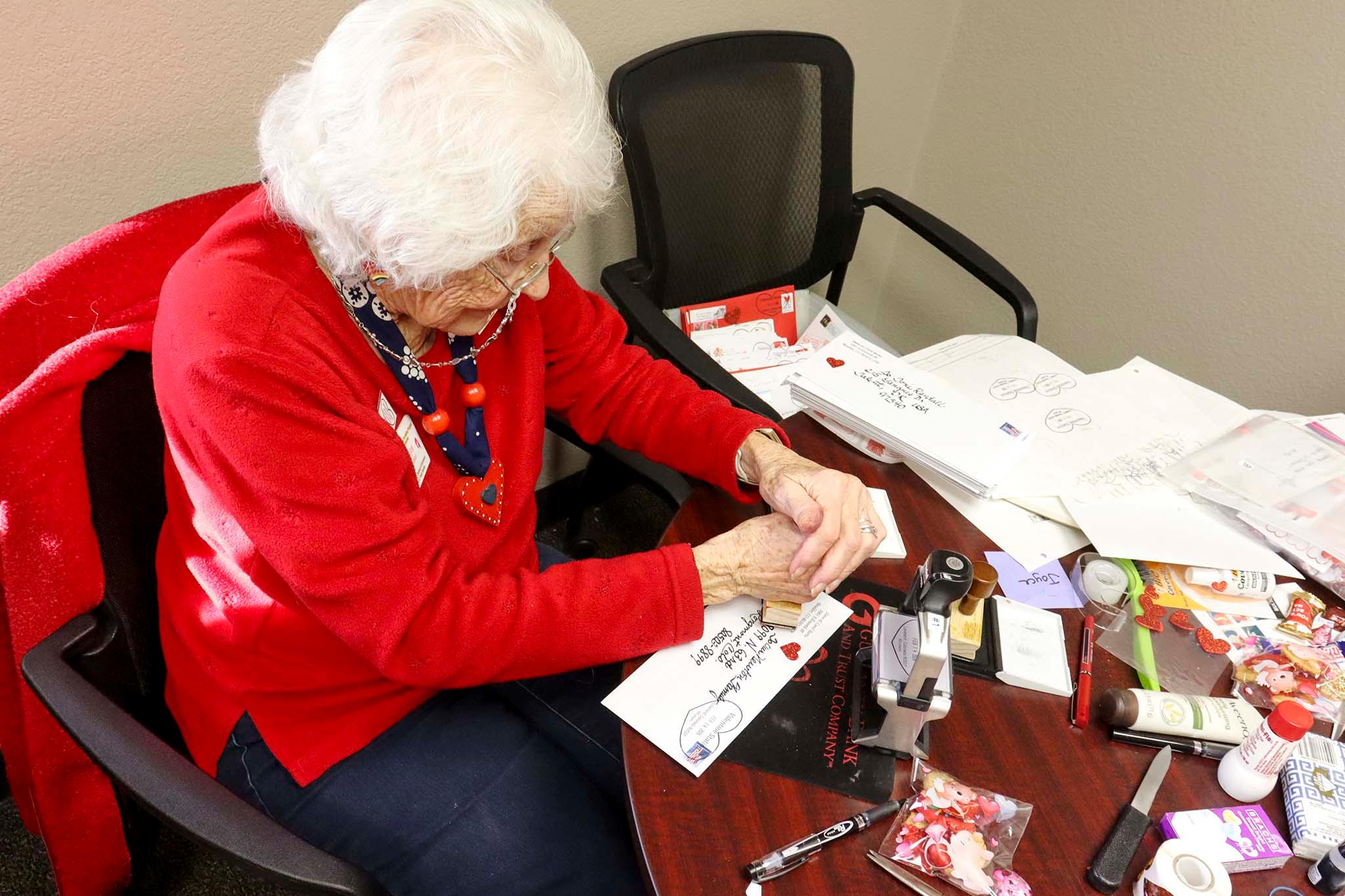
Social media companies have filed suit in federal court to stop a Colorado law that will require pop-up warnings for users under age 18, advising them of the impacts of all that scrolling on their brain development.
The warnings would specifically mention the impact of social media on brain development, and would trigger after the user has spent an hour or more on a platform in a 24-hour period or between the hours of 10 p.m. and 6 a.m. The warnings would pop up every 30 minutes, and must be supported by the latest research.
The notification provision of the law is scheduled to go into effect on Jan. 1.
But first, it must survive this legal challenge from a trade group called NetChoice, which represents social media companies, like Meta, the parent company of Facebook. They argue in the lawsuit that Colorado’s notification law is an unconstitutional encroachment on free speech rights.
“If there's one thing the First Amendment makes clear, it's that the government has no role in compelling speech from anyone, whether it's a private individual or a company,” said Paul Taske, co-director of the NetChoice Litigation Center.
Taske said, unlike cigarettes or food, social media is a “speech service” and protected against being forced to broadcast messages by the state. Yes, movies and video games have a rating system for age-appropriate content, but those systems are voluntary.
The notifications for children on social media, according to the lawsuit, will force social media companies to “serve as a mouthpiece for the state” by forcing a “vague collection of ‘social media platforms’ to opine on the highly controversial purported effects of social media use on minors’ mental and physical health, in the form of repeated and burdensome notifications to minor user [sic].”
State Sen. Judy Amabile, D-Boulder, a prime sponsor of the bill, HB24-1136, said in an interview that it’s “incredibly disappointing” that the social media companies are suing to stop the notification requirement in what was a bipartisan law.
“It's a very modest proposal,” said Amabile. The social media companies “have the ability to do the things in the bill without adding a lot of cost. And they know that their products are hurting kids, and they do not want to do anything about it. And I find that very disappointing and upsetting.”
The majority of Coloradans recognize the role social media plays in the mental health struggles of youth, according to Healthier Colorado, which supported the law. A poll commissioned by the group found 69 percent of voters supported HB24-1136.
“Our kids have been treated as guinea pigs in a profit-driven experiment by big tech. The results are in: social media use poses serious risks to youth mental health,” said Jake Williams, CEO of Healthier Colorado, in a statement about the lawsuit. “The least we can do to protect our children is to let them know about these risks, which is what this law does.”
NetChoice represents Pinterest, Reddit, X and YouTube, among others who the trade group claims will be covered by the Colorado notification law. They’re seeking a preliminary injunction before the law goes into effect at the start of next year. And social media companies say that the stakes are “substantial,” including civil penalties of $20,000 for each violation.
The lawsuit claims that the science on the impact of social media on youth is “highly controversial,” and Taske at NetChoice points to the Surgeon General’s own warning on social media, that noted more research was needed.
But experts say that’s not quite right.
“I would say that the research is fairly clear, that on average there's a very small but very real effect,” said Dr. Joel Stoddard, an associate professor of psychiatry and a psychiatrist at Children's Hospital Colorado. He pointed to a large meta-analysis that was recently published in the Journal of Affective Disorders, establishing the connection between sleep disruption, for instance. “So the research is moving on and beginning to identify specific vulnerabilities amongst kiddos.”
Social media companies are using the courts to push back on state laws that seek to curtail youth access to their platforms. For the last two years, NetChoice has successfully blocked multiple efforts in Arkansas to limit kids’ social media access and give parents the ability to sue the platforms if their children commit suicide.
But on Thursday, the U.S. Supreme Court allowed a Mississippi law requiring age verification for all social media sites to go into effect.
Justice Brett Kavanaugh wrote that the victory could well be temporary:
"In short, under this Court's case law as it currently stands, the Mississippi law is likely unconstitutional. Nonetheless, because NetChoice has not sufficiently demonstrated that the balance of harms and equities favors it at this time, I concur in the Court's denial of the application for interim relief."
As for the law in Colorado, First Amendment experts said the state may have a difficult time defending the law compelling notifications.
“NetChoice’s constitutional challenge to Colorado’s social media law is founded on long-settled precedents from the U.S. Supreme Court, which hold that the government cannot compel corporations ‘to associate with speech with which [they] may disagree,’” said Steve Zansberg, an attorney who also represents CPR News. “It will be interesting to see how the Attorney General’s office attempts to defend the new law.”







